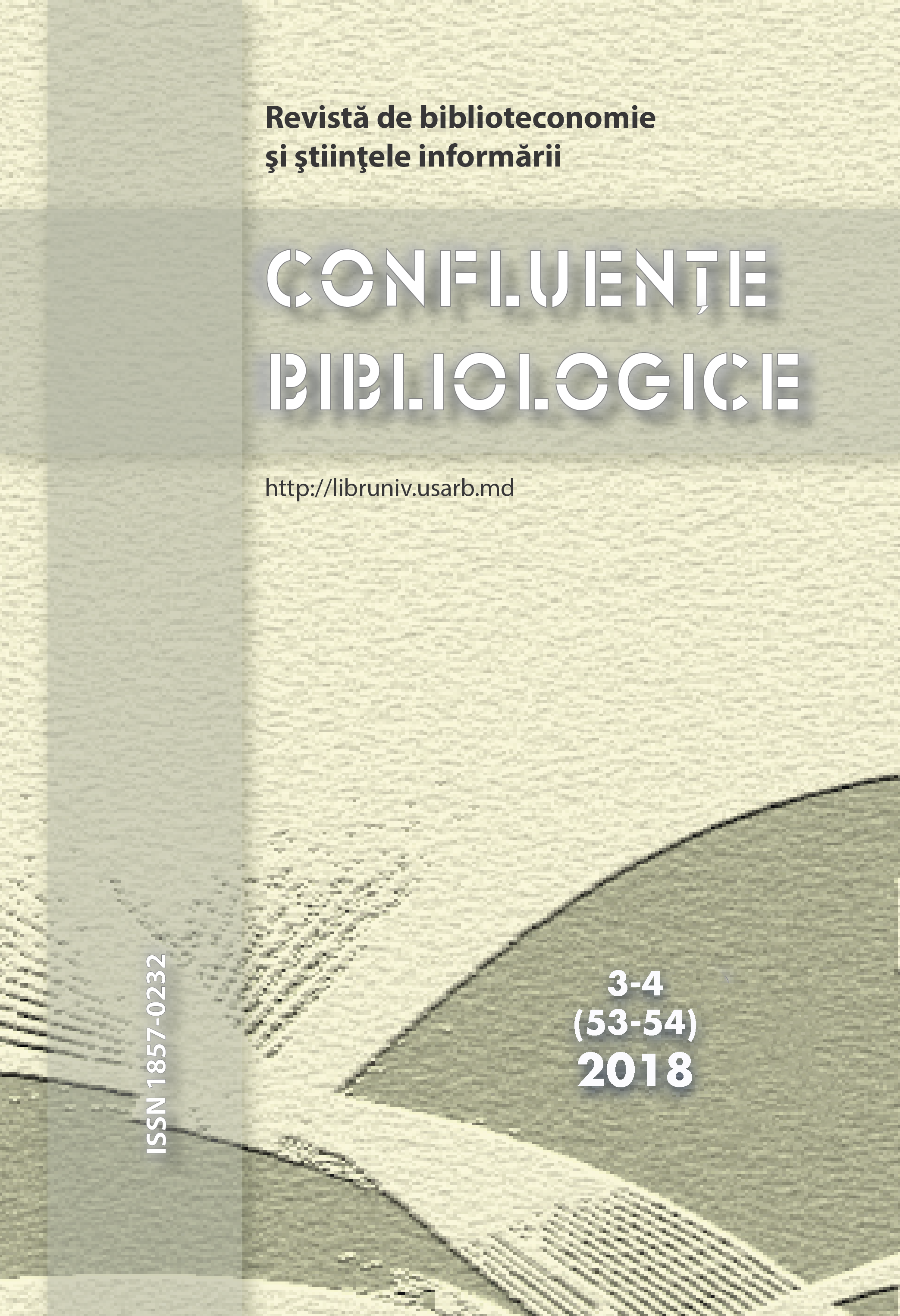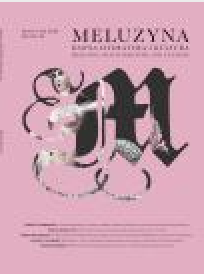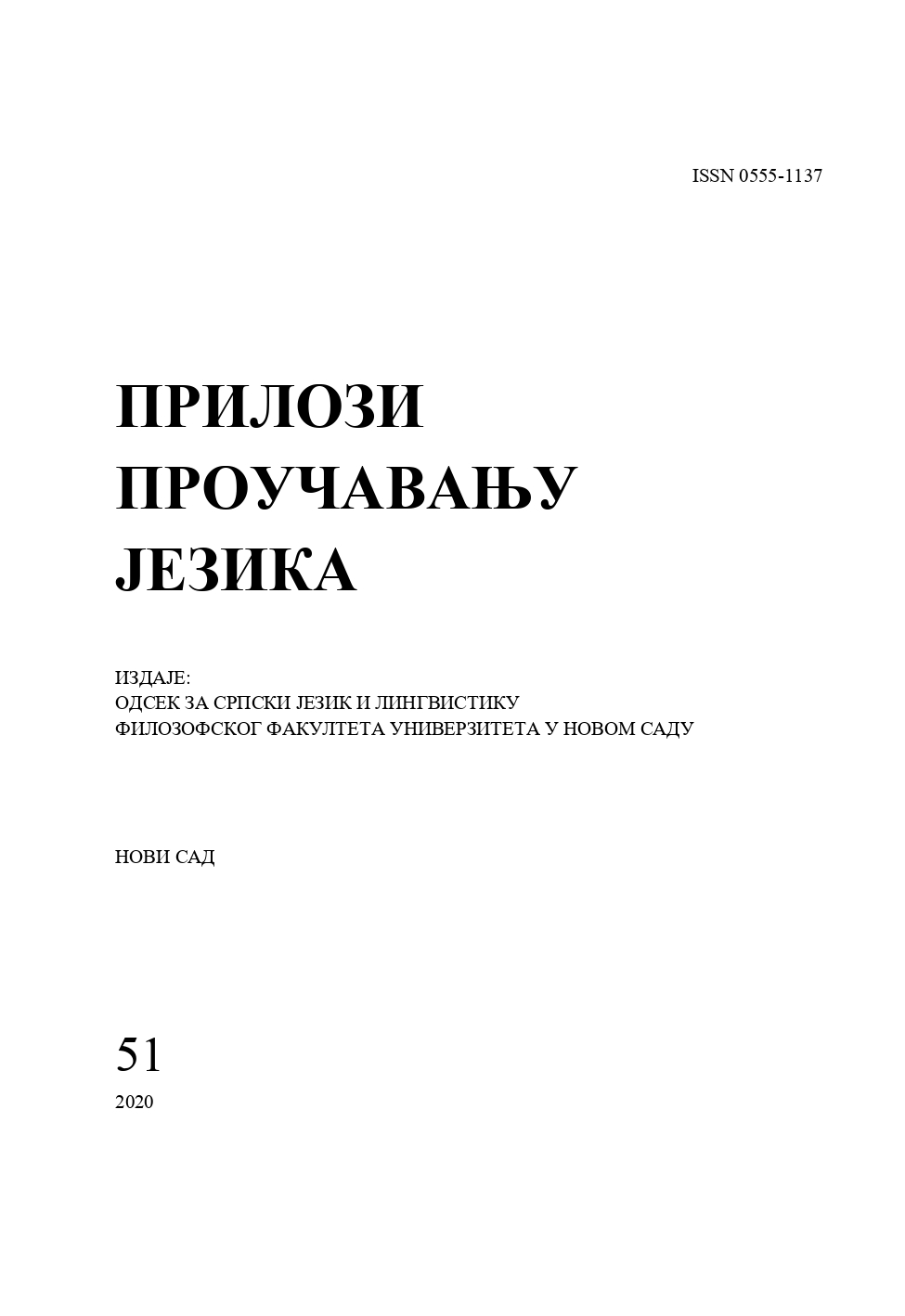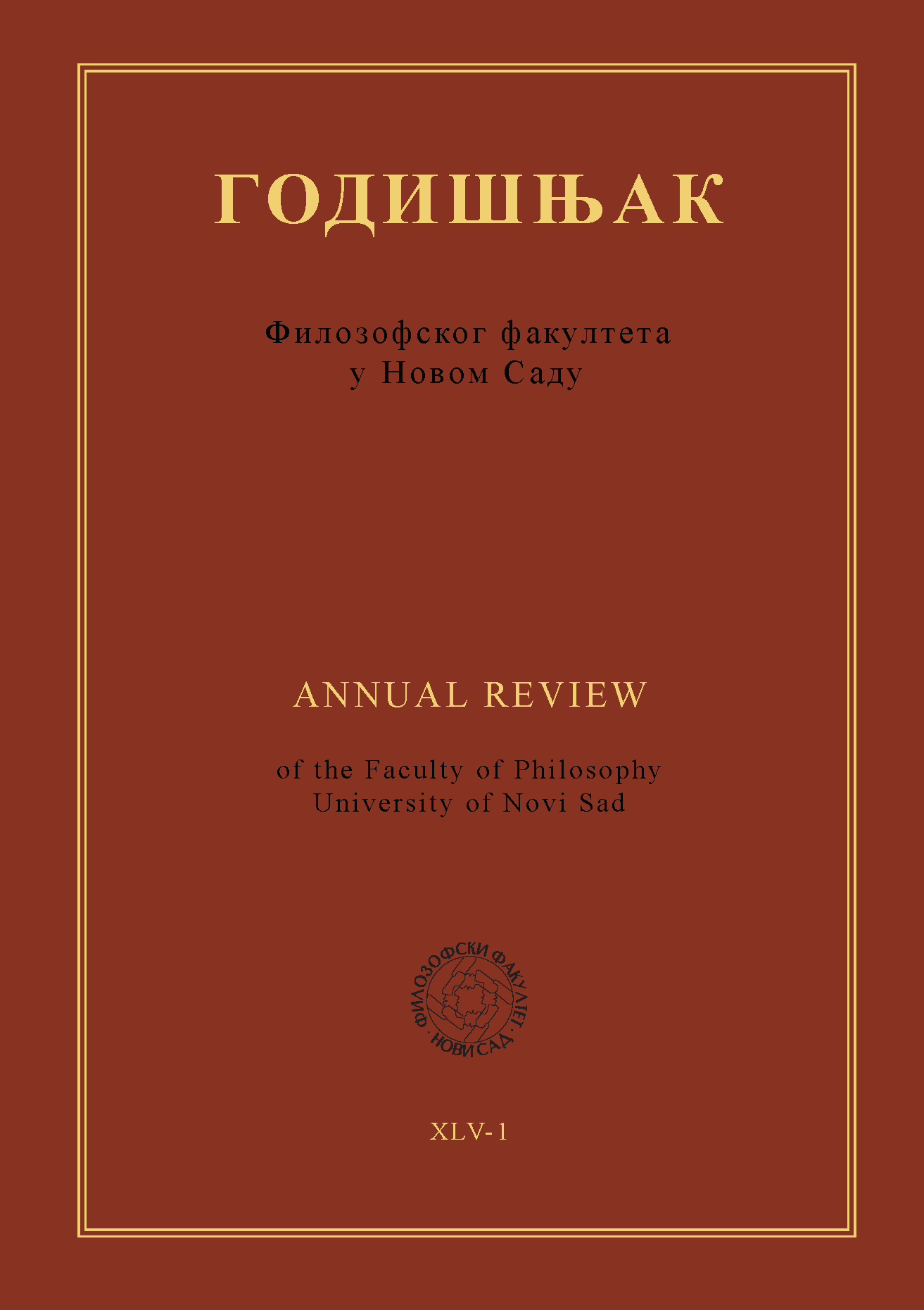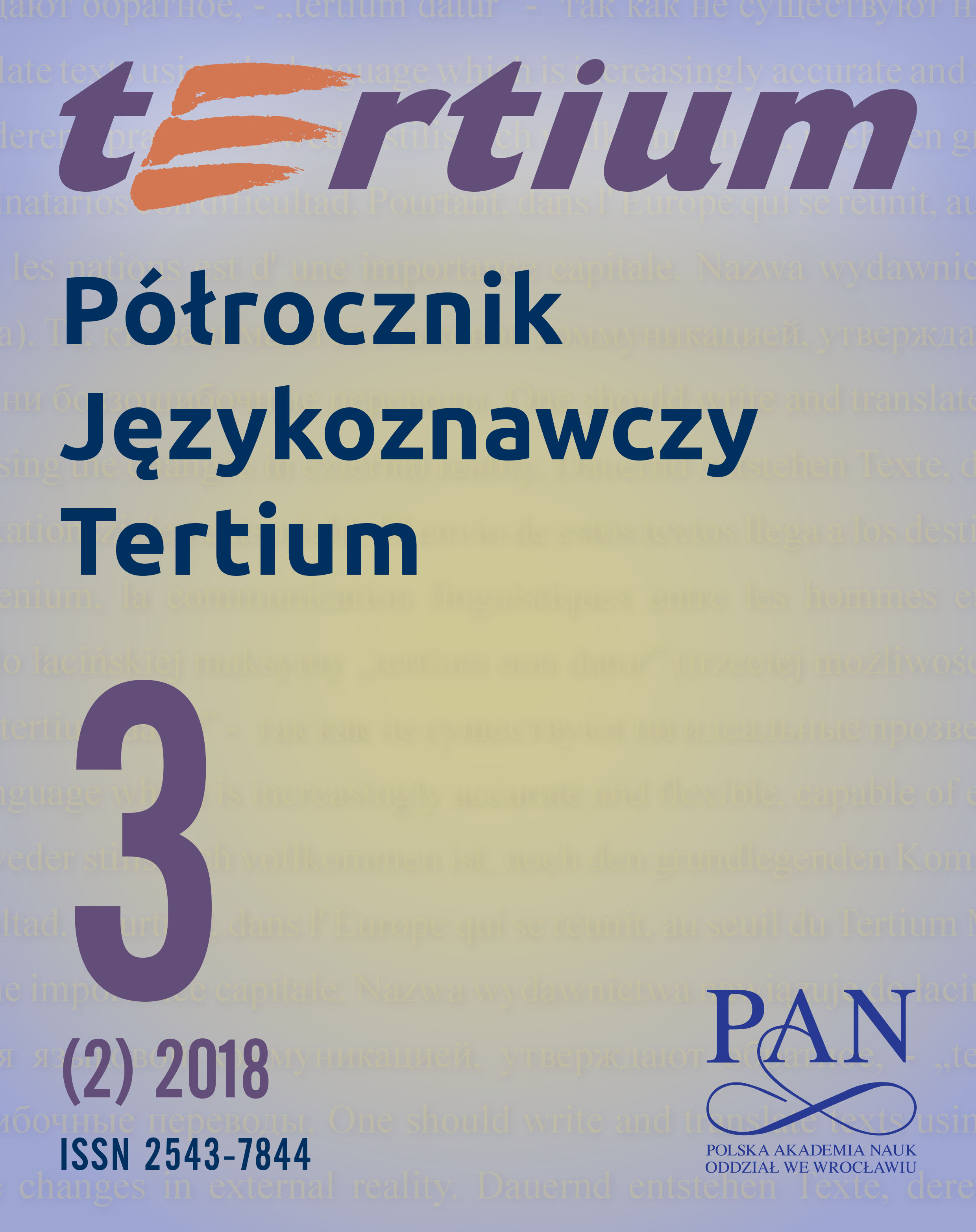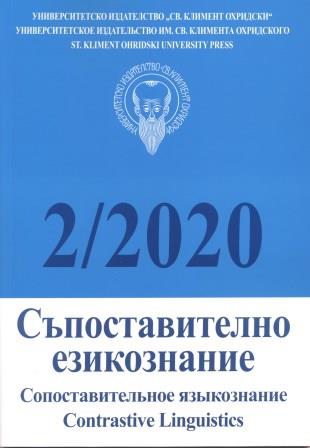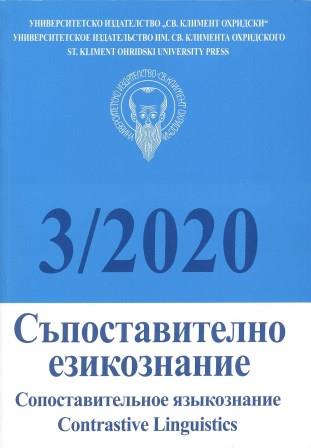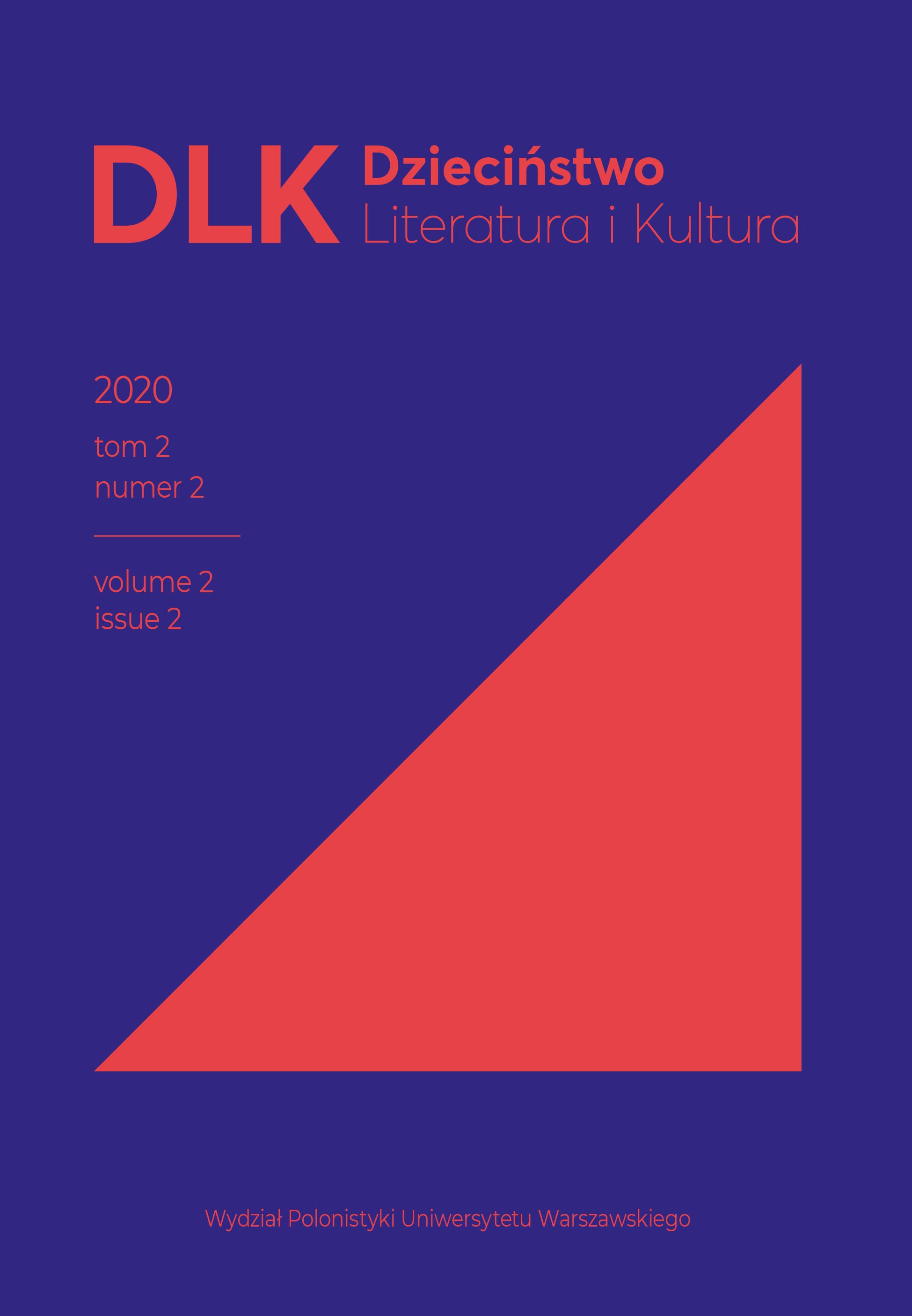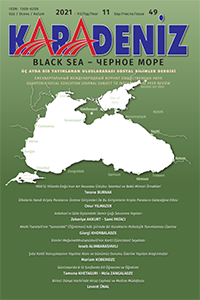Author(s): Mariam Koberidze / Language(s): Russian
Issue: 49/2021
Kartlian dialect is spread over a wide area from Kakheti to Imereti. Kartlian is not monotonous, peculiarities of speech are observed according to the parts. Peculiarities characteristic for Kartlian characterize the speech of almost all parts. Among them is Shida Kartlian (Central Kartli) sub-dialect, which includes the speech of Kareli, Gori, Kaspi and Mtskheta municipalities. This area of spread of dialect speech does not coincide with the administrative division of Shida Kartli (Khashuri, Kareli, Gori, Kaspi). Khashuri's speech belongs to Western Kartlian, while Mtskheta Municipality is not part of the Shida Kartli administrative unit. The main linguistic phenomena characteristic for Kartlian are confirmed in this region, however, the peculiarities of speech are observed according to the valleys and villages, which is due to the revelation of the internal potential of the language, migration of the population and relations with representatives of other dialects. Some events characteristic for Mtiuluri appear from time to time and very faintly, but still, in the speech of the valleys of Ateni and Tsedisi. The adverbs of time with the Nominative case mark confirmed in the speech of the village of Tsitelubani in Gori Municipalityindicate to the cases of switching the speech codes of Kartlian and Adjarian. In the villages of Patara Liakhvi valley two- and three-object verbs, paired conjunctions and particles are observed. In almost all speeches of Shida Kartli valley the cases of continuation of vowelsa, e, i, o, u are confirmed. Preverbs existing in Georgian literary language as a result of phonetic changes may appear in Shida Kartluri, with the following form: a®e, ga®ge, gada®gade, gada®gede, da®de, da®de, cha®che, tsa®tse, she®shi, mi®me; moma….In the verb prefixes mainly changes three vowels: a, e. o.Extending vowel –a in Shida Kartluri, like literary Georgian language and other dialects of Georgian language, is used with nouns and other parts of speech. Vowel –a is expressed as with proper as common vowel-root nouns and pronouns in a suitable situation in an Ergative case too.For adverbs of time with –a and –i extending vowels are charecterised accentation. These vowels are often exchangedfreelyand represent the same amountin the adverbs of time ending with -t (tsinata-tsinati/ago, dilita-diliti/in the morning), in some cases their use must be explained by analogy and tendency of unification. Although Shida Kartli is not ethnically monotonous, the linguistic changes caused by contact with other linguistic units are not confirmed. The peculiarities of the Kartlian dialect are more preserved in the speech of Didi and Patara Liakhvi valleys, however, after the August 2008 war, the process of migration from these valleys to different parts of Kartli began, which will affect their speech in the future.
More...
